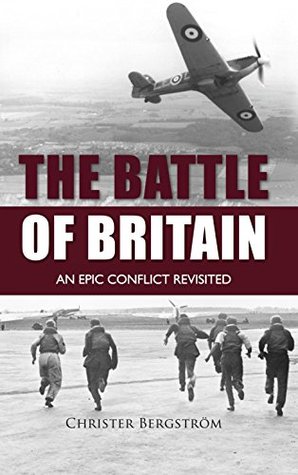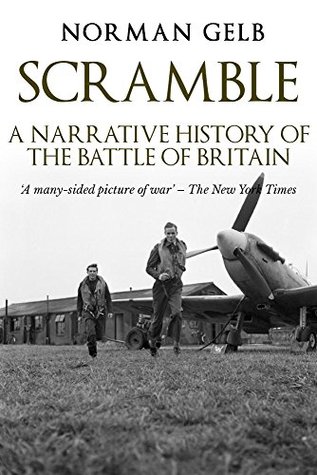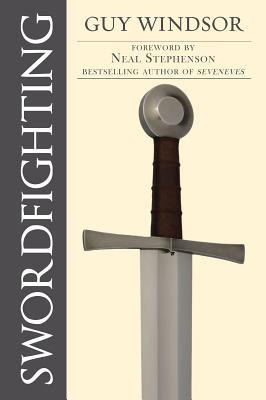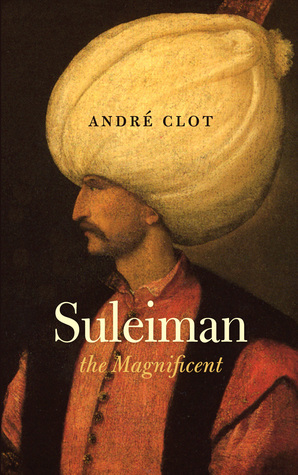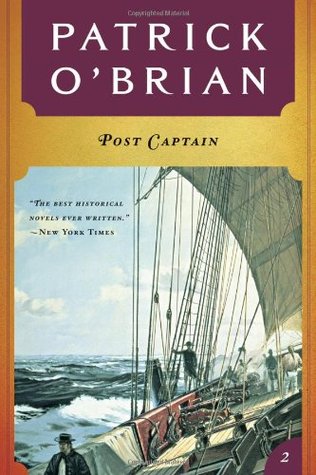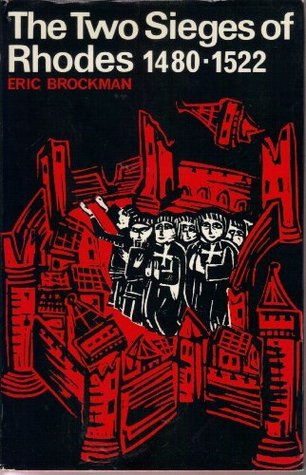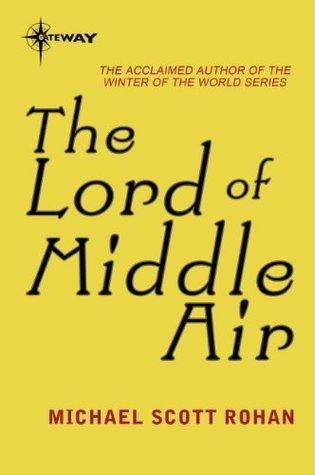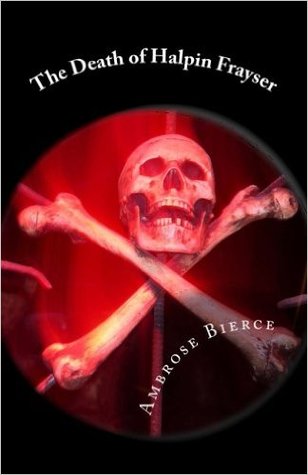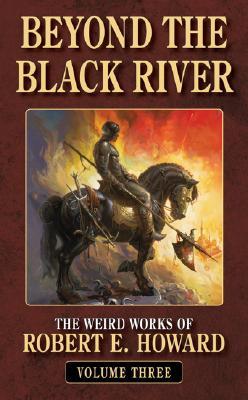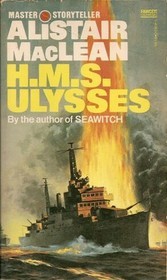
Spoiler: they all die.
Yes, this is not a book to read if you become attached to characters fighting, mostly successfully, to maintain their humanity in the most appalling circumstances. Yes, I knew the convoys to Murmansk during World War II were grim but this – all you 40k and Warhammer fans out there – this is grimdark before people started playing with it. This is grimdark as something people actually endured, for real. And all I can say, having read it, is that I have added a new theatre of war to the list of those that I thank God I have never had to endure.
Alistair MacLean himself sailed on some of those convoys – although he evidently survived – and the reality of the cold Arctic Ocean and its strangeness is one of the most vivid parts of the book. The story itself is a tribute to the endurance of the men who crewed these ships, although it does seem to conflate all the worst convoys to create a single convoy to perdition, but as I said, fans of grimdark should love it. For myself, knowing that much of it was true, in spirit if not detail, made me enjoy it both more and less – in some ways it came close to literary torture porn, in others a diatribe against the incompetence and coldness of the admirals who sent men out to die on the cold sea.
Final spoiler: actually, one man does survive.
